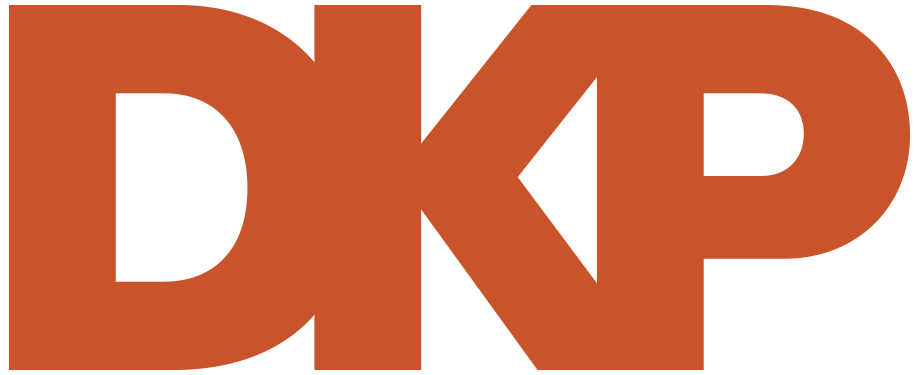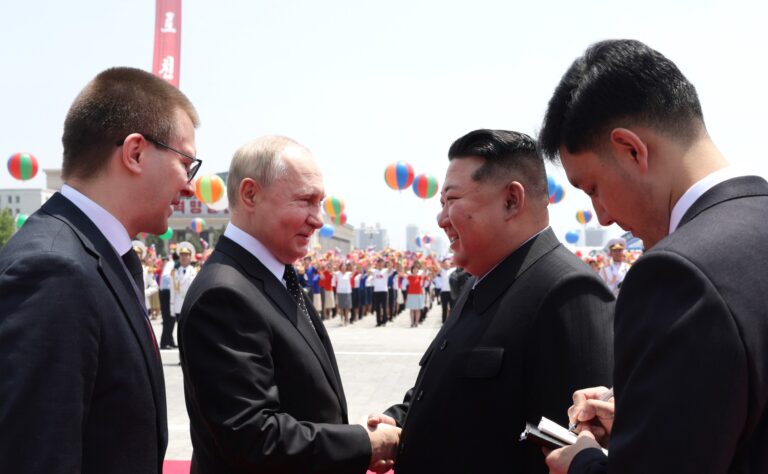IN BRIEF: OCTOBER 28, 2024
Recent stories relevant to the threat from authoritarian powers and strategic corruption – and efforts to respond.
With North Korean troops deploying to Ukraine, can the US strike back economically? With 10,000 North Korean troops reportedly preparing for deployment to Russia’s Kursk region, the US and its allies have few options to respond, Bloomberg reported today. With both Russia and North Korea heavily sanctioned, opportunities for more economic pressure appear limited, and the move may renew debates about lifting restrictions on long-range strikes or deploying NATO support troops to Ukraine. One potential option could be to tap into frozen Russian assets – a move that has long been considered, but so far not pursued.
LNG-2 halts amid sanctions – but crucial modules still delivered: Liquefaction of natural gas has stopped at Russia’s LNG-2 facility, Bloomberg reported Friday, as the project struggles to find buyers amidst US sanctions. However, shipping industry media outlets reported Monday that two Chinese heavy-lift vessels carrying massive power generation modules needed for completion of the project’s second train have arrived at the facility after traversing the Arctic.
Updates from the sanctions front: G7 finance ministers announced Saturday they would adopt new – unspecified – measures to counter Russian oil sanctions evasion, after the announcement Friday of a $50bn loan to Ukraine to be repaid with interest on frozen Russian assets. Meanwhile, Bloomberg reported that Indian banks are skittish about trade with Russia due to US sanctions, according to the Russian ambassador to India. This echoes reports of Chinese hesitancy (although that did not stop the final delivery of an LNG-2 module, below) and highlights India’s balancing act between Russia – with which it had record trade March 2023 – March 2024, driven by crude oil purchases – and the West. Meanwhile, the UK has sanctioned three Russian disinformation agencies.
Foreign disinfo followed the wake of Hurricane Helene: Unsurprisingly, Russian and Chinese (and perhaps more surprisingly, Cuban) operatives spread disinformation in the wake of hurricanes Helene and Milton, according to a US official, as CNN reported Monday. The hurricanes, which swept through the southeast US in late September and mid-October, respectively, caused substantial damage and loss of life. Helene, in particular, devastated much of rural western North Carolina, where disinformation-driven threats impeded FEMA’s response.

